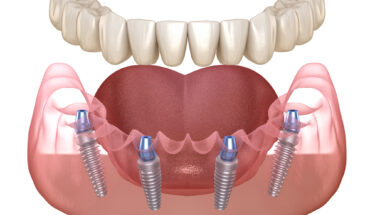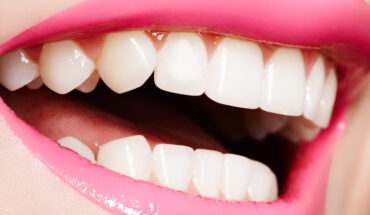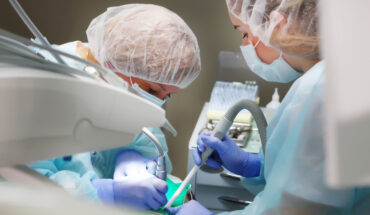Like many other medical processes, extraction of the wisdom tooth can be traumatising. However, wisdom tooth “extraction” sounds painful rather than just “removal,” but pain occurs if the procedure goes wrong. Many patients who seek the extraction of a wisdom tooth have a successful procedure, but dental anxiety is real ahead of the event. This article will look at the procedure of wisdom tooth extraction, the recovery process, and potential risks in the procedure.
The Procedure to Extract the Wisdom Tooth
When experiencing discomfort with the wisdom tooth, it is inevitable to go to a dentist for an extraction. It is advisable to go to a qualified and licensed dental practitioner. Their experience and expertise reduce the risks of complications. Dentists utilise anaesthesia to numb the area surrounding the teeth. Others will also opt to be sedated and the procedure to go on while they are passed out. The dentist operates in the area to create space for removing the teeth. It involves penetrating through tissues to reach the edge of the tooth. After extraction, the practitioner will stitch up the place to close the gap. Follow-up by the doctor is essential in the recovery process, and your dentist may help diagnose oral pain issues.
Time for Recovery
It takes between three to five days for most people to recover from a wisdom tooth extraction. For others, it will take about a week, depending on the patient’s dental structure. However, for a couple of months, this minor surgery on the tissues may still be hurting.
Recovery Process
Immediately after the procedure, there will likely be blood coming out of the wound. You might also feel stiff at the jaws when the numbing effects of drugs start to wear off. After a day or so, the pain should start to reduce. It is essential to go easy on the mouth as it is painful to open the mouth fully. Painkillers help in reducing minor pain in the recovery process.
During the recovery process, the gums might be exposed to germs and other bacteria. It is advisable to maintain good oral hygiene during the recovery process. However, your dentist might prescribe antibiotics for the after-treatment. For a while, avoid taking hard foods and exposure to other products that might deposit residues such as cigarettes and spices.
Risks
Although the process is usually successful, the extraction of the wisdom tooth has one major risk. If done by unqualified personnel, a patient may suffer damage to his/her sensory nerves. Other areas around the tooth, such as the tongue, chin, and lips, may be affected. The discomforting feeling will not last long as it disappears after a couple of weeks.
Clotting of blood in the sockets will make the area feel dry and painful. It mainly occurs a few days after the procedure. The problem will require the care of a dentist to change the dressing. Whenever you are not feeling pain in the wound, there is no need to have the dressing on.
Conclusion
Take the day off because it is crucial to rest after undergoing the wisdom tooth extraction procedure. Avoid hot or alcoholic beverages. Take a lot of water during the recovery process.




